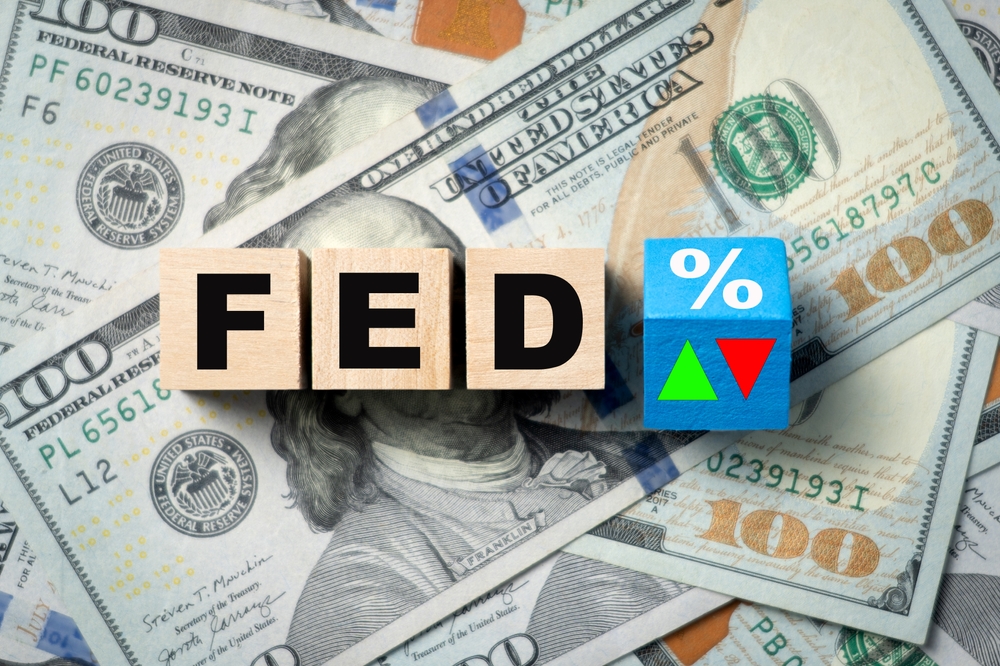

Disney Stock Plunges Amid Declining TV Income and Streaming Losses
Walt Disney shares dropped by 8.7% after a sharp decline in income from its traditional TV business and sustained losses in its streaming segment were reported.*

Performance of Walt Disney´s stock over 5 years. Source: tradingview.com
Disney managed to cut losses in its streaming business in Q2 due to increased Disney+ prices. However, it lost approximately 300,000 subscribers in the U.S. and Canada and saw cancellations in India after losing the rights to a popular cricket league. Consequently, global Disney+ subscribers decreased by four million to 157.8 million, against an expected increase to 163.2 million.
Analysts have concerns over projections of continued subscriber reduction for Disney+ and subdued growth at domestic theme parks. High domestic Disney+ prices and reduced marketing are reportedly affecting subscriber numbers. CEO Robert Iger believes that Disney has pricing elasticity, given the recent 'de minimis' price increase for the non-ad-supported version of Disney+.
Iger also revealed plans to integrate Hulu content into Disney+ in the U.S. by year-end, while ESPN+ and other platforms will remain independent. Analysts predict this will result in cost savings, removing doubts about Disney taking 100% control of Hulu in January. However, weaker growth is expected at Disney's theme parks in the second half of the year, partially due to inflationary cost pressures and a new union agreement. Despite these challenges, analysts note that Disney is on track to meet or exceed its cost targets, achieving its best free cash flow since 2019. [1]
* Past performance is no guarantee of future results.
[1] Forward-looking statements are based on assumptions and current expectations, which may be inaccurate, or based on the current economic environment which is subject to change. Such statements are not guaranteeing of future performance. They involve risks and other uncertainties which are difficult to predict. Results could differ materially from those expressed or implied in any forward-looking statements.




